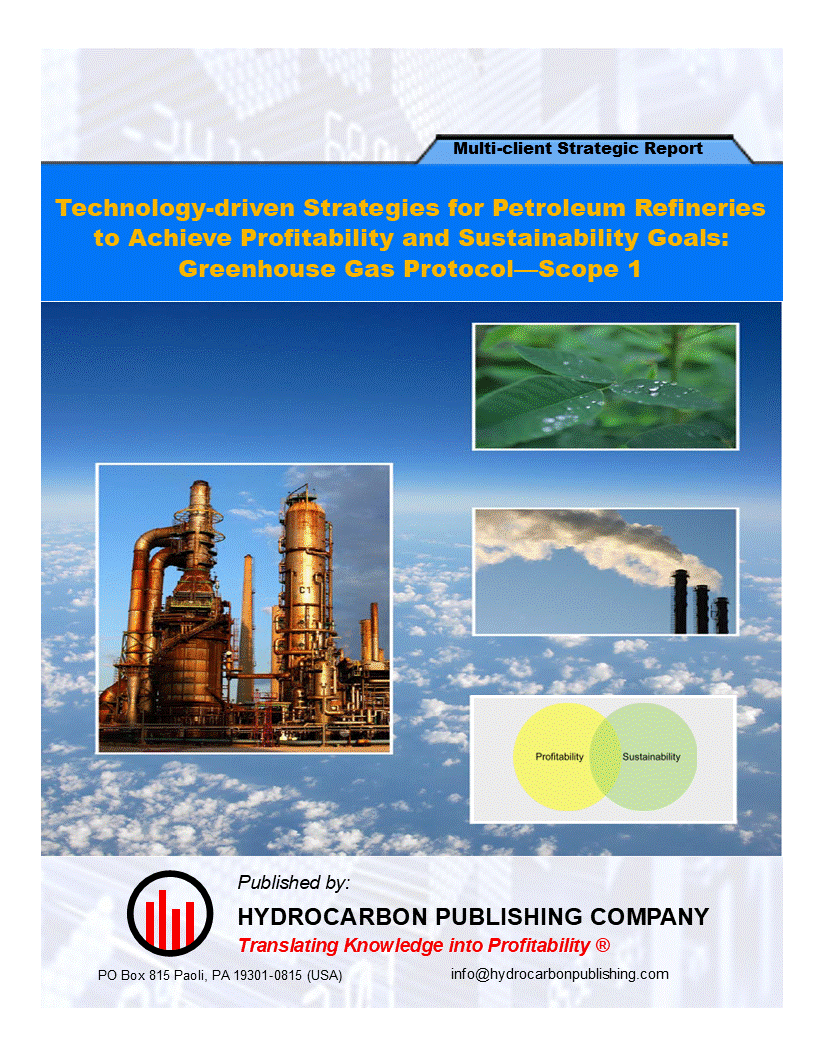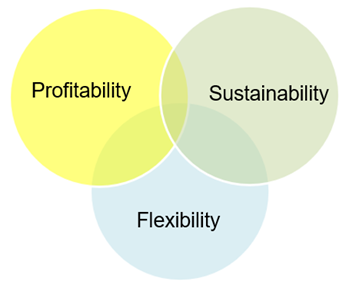
Navigate the Energy Transition & Secure Sustainable Profitability: Introducing Refinery Transformation
Our recently published report, Refinery Transformation: Technology-driven Strategies for Sustainable Profitability in a Changing Business Environment, is your essential guide for petroleum refiners and alternative energy firms to navigate the energy transition amid changing environmental regulations and volatile market dynamics due to geopolitical and trade uncertainties. It focuses on offering adaptable strategies, including flexibility, to address these challenges and secure sustainable profitability in this evolving landscape.
This unique, first-of-the-kind strategic report delivers actionable, technology-driven strategies focused on three pillars:
- Boosting Profitability: unlock new revenue streams and optimize operations through cutting-edge technologies.
- Achieving Sustainability: proactively adopt solutions to minimize environmental impact and meet evolving mandates.
- Ensuring Flexibility: adapt your operations and product portfolio for long-term resilience in a dynamic market.

As shown in the Table of Contents, this report will provide critical insights on several fronts.
- The evolving energy landscape: understand the forces shaping the future of refining and alternative energy.
- Competitive dynamics: analyze the strategies of both conventional and renewable energy players.
- Game-changing refining technologies: explore energy management, productivity boosts, digitalization, hydrogen production, refinery-petrochemical integration, sustainable fuel production (biodiesel, renewable diesel, SAF), electro-fuels, CCUS, and advanced environmental controls.
- Strategic analyses and recommendations: make informed decisions and chart a successful path forward.
For petroleum refiners, this multi-client strategic report is written to transform your operations, capitalize on low-carbon opportunities, and secure a profitable future. For alternative energy firms, we identify strategic partnerships and investment opportunities within the evolving refining sector for you.
Special discount price is good through June 15, 2025. If you have any questions, please contact us.
With over 30 years of proven industry expertise, we are your trusted guide through this transformative journey. Our all-inclusive reports don't just inform – they empower you with a competitive edge, directly propelling your business towards a sustainable and prosperous future.


